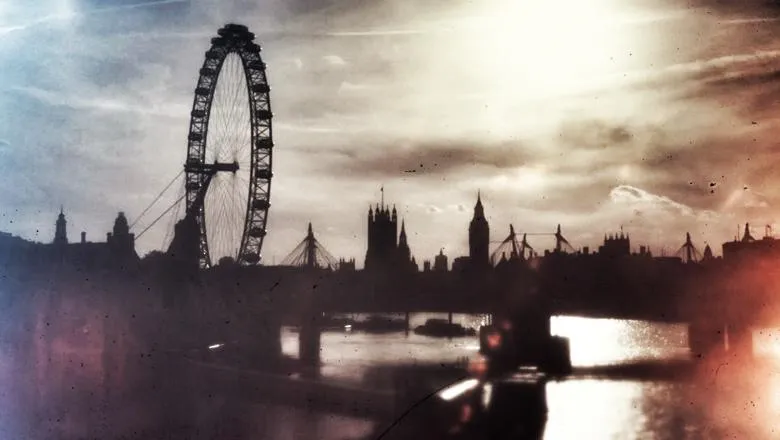15 January 2025
Meet Mark Hawkins, tutor of London's Cityscape & London Life
Mark Hawkins talks about an Undergraduate Summer School module, London's Cityscapes & London Life

Ahead of our 2025 Undergraduate Summer School in June, we spoke to Mark about his module London’s Cityscape and London Life and why the nearby Southbank is his favourite spot in London.
Hi Mark, could you tell us a little bit about yourself and your role at King's?
I am a London native; I was born in Brixton and have lived in the city for the majority of my life. I am currently finishing up my PhD, in which I focus on changes in global cities as a result of the green transition, aiming to connect London to the places where it draws its resources. I teach on various courses during the term and teach English online in my spare time.
Tell us a little bit about your Summer School module, London Cityscapes and London Life, and why students should study it?
London Cityscapes and London Life is a great course for anyone interested in cities. We use London as a case study to explore how today's global cities are changing. We also delve into London's history and go on exciting field trips. Last year we explored the Southbank, London's parks and tasted the city's international food heritage in Chinatown.
What unique opportunities does London offer to students studying urban development and history?
It explores urban theory, addressing topics such as the role of multiculturalism, changes in architecture, and the greening of cities, by examining these issues as experienced by Londoners. Additionally, it delves into London's history, from its role as an imperial power center to the experiences of 19th-century Londoners living in the world's first industrialised city.
What was your favourite memory from last year's Summer School?
There were two main highlights for me. The excursions are always great fun. Seeing what my students thought of Chinatown or the Alexandra Road estate is always interesting, as they bring their own situated experiences from their home countries to their interpretation of these places. The second highlight were the presentations; it is always interesting to see how my students have interpreted their experiences of London over the course and how much they have learned.
How does teaching on a Summer School programme differ from your work on undergraduate degrees?
Summer programmes are more intensive. As we spend two weeks together learning every day, I feel like you can connect more with your students. This also means you can really delve deeply into the subject matter as it's the only thing you are focused on. The global nature of the Summer School students gives me the chance to look at London with new perspectives.
How do you embed the city into your teaching on the module?
The course is focused on urban studies and urban history. But beyond this, the course aims to use the student's own daily experiences to expand their understanding of the city. For example, last year students journeyed to Chinatown, an area of London with East Asian restaurants founded by London's Chinese community. We then spent time the next day exploring their interpretations of the area and what it can tell us about the roles of food, culture, immigration and consumerism in the city.
What area in London do you think best encapsulates the city’s layered history and why?
The area around Leicester Square is emblematic of London. If you travel east you come to Covent Garden, an upmarket shopping area with a long history stretching back to the Victorian era; to the west is Chinatown, emblematic of London's international city status; to the south is Trafalgar Square and the National Portrait Gallery showing the historical inheritance of London and finally to the north is Soho, with its theatres and bars, emblematic of London's thriving nightlife.
And finally, what is your favourite spot in London that students should try to visit when they come to King’s this summer?
I love the Southbank of the Thames. I enjoy walking along the river front absorbing the atmosphere, enjoying street food and watching street performers.

